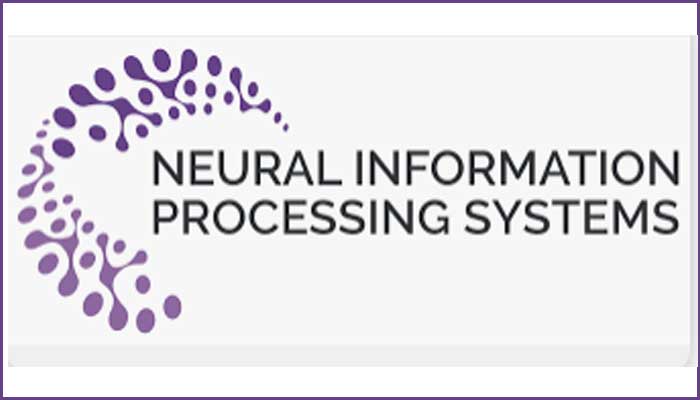November 2022
Prof. C V Jawahar and his students Zeeshan Khan and Makarand Tapaswi presented a paper on Grounded Video Situation Recognition at the thirty-sixth Conference on Neural Information Processing Systems (NeurIPS-2022) at New Orleans on 28 November.
Research work as explained by the authors:
Dense video understanding requires answering several questions such as who is doing what to whom, with what, how, why, and where. Recently, Video Situation Recognition (VidSitu) is framed as a task for structured prediction of multiple events, their relationships, and actions and various verb-role pairs attached to descriptive entities. This task poses several challenges in identifying, disambiguating, and co-referencing entities across multiple verb-role pairs, but also faces some challenges of evaluation. In this work, we propose the addition of spatiotemporal grounding as an essential component of the structured prediction task in a weakly supervised setting, and present a novel three stage Transformer model, VideoWhisperer, that is empowered to make joint predictions. In stage one, we learn contextualised embeddings for video features in parallel with key objects that appear in the video clips to enable fine-grained spatio-temporal reasoning. The second stage sees verb-role queries attend and pool information from object embeddings, localising answers to questions posed about the action. The final stage generates these answers as captions to describe each verb-role pair present in the video. Our model operates on a group of events (clips) simultaneously and predicts verbs, verb-role pairs, their nouns, and their grounding on-the-fly. When evaluated on a grounding-augmented version of the VidSitu dataset, we observe a large improvement in entity captioning accuracy, as well as the ability to localize verb-roles without grounding annotations at training time.

